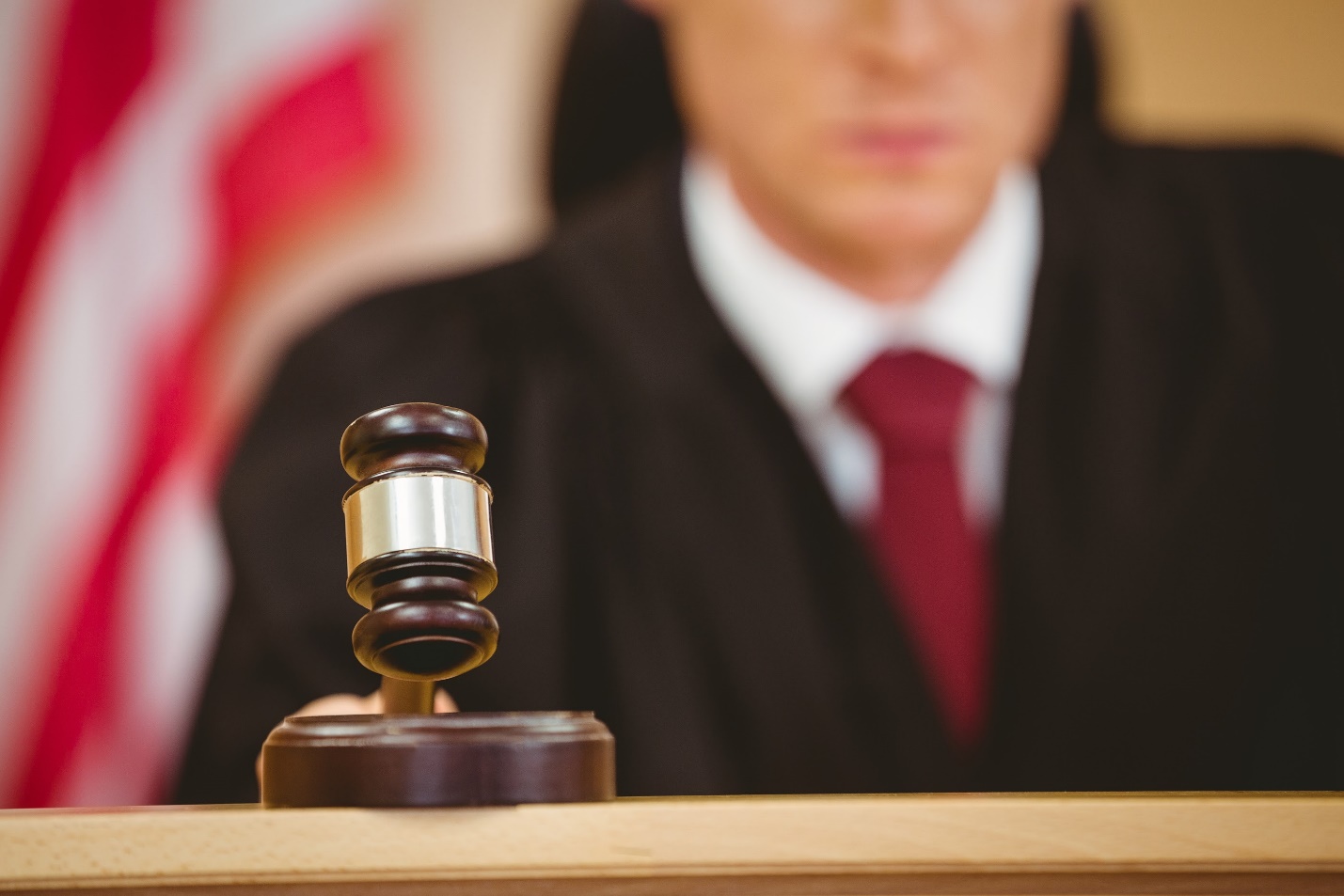If you’ve been charged with a crime like disorderly conduct, it may be your first offense. One disorderly conduct charge is probably not going to destroy your life or ruin your future, but it may carry hefty penalties, including jail time and a fine. If you have been charged with disorderly conduct in Atlantic City, you may be able to avoid having the charge on your record if the prosecutors or police are willing to “drop” the charges against you. The Atlantic City disorderly conduct attorneys at The Law Offices of John J. Zarych may be able to help you with your case, and fight to get disorderly conduct charges dropped in South Jersey.
How Can a Disorderly Conduct Charge be Dropped in NJ?
Any charges you face in court can, conceivably, be dropped with the help of an experienced New Jersey disorderly conduct defense lawyer. For a charge to be “dropped,” the police or prosecutors who bring the charges on behalf of the government must agree to cancel the charges against you. This may happen in cases where police or prosecutors later realize that there is not enough evidence that you committed the crime, or in situations where going through the criminal process and making you face the judge’s penalties would be unnecessary.
Cases can be “dismissed,” as opposed to “dropped,” by a judge. In this case, the charges and evidence against you would be presented to a judge, and the judge would find that your actions do not meet the necessary requirements. Judges usually dismiss cases before trial or after the government presents their side of the case. If your case goes to trial, and you are found not guilty, you are instead “acquitted” of the charges.
One of the best ways to get disorderly conduct charges dropped in New Jersey is by making an agreement with the prosecutors or police who brought the charges. In this situation, your attorney can talk to the police officer who arrested or cited you for disorderly conduct, and work to find the root cause of the disorderly conduct charges. Your attorney may be able to work out an agreement where you will go to classes, therapy, counseling, or some other program aimed at fixing the underlying issue with your disorderly conduct case. This means that if you were drunk and disorderly, you may be asked to take alcohol abuse classes. Alternatively, if you were overly aggressive or violent, you may be asked to pursue anger management therapy.
Many times, this strategy is successful in helping defendants get their disorderly conduct case dropped, but there is no guarantee. Judges or prosecutors may ask for additional reassurances that you complete these requirements before allowing the charges to be dropped, such as a contingent guilty plea. This means that you might be asked to plead guilty to the crime, but the guilty plea will be erased if you complete all the terms of your agreement. Because disorderly conduct is a petty disorderly persons offense with potential jail time, talk to an attorney before agreeing to any pleas, bargains, or other official agreements on your charges.

When Should Disorderly Conduct Charges be Dropped in New Jersey?
A prosecutor’s job is not to ensure they get a guilty verdict. Instead, prosecutors are advised to ensure that justice is done. In cases where the disorderly conduct charges seem out of character or as though they are a once-in-a-lifetime error, a prosecutor may justify outright dropping the charges. In these cases, simply being arrested and ordered to go to court may be punishment enough. Alternatively, police and prosecutors may be willing to drop the charges down to a local ordinance violation, which may not appear on a criminal record. This would be the equivalent of a traffic ticket.
Alternatively, prosecutors should also drop charges if they do not have enough evidence to prove each element of the crime. If your case goes before a judge, the judge should also dismiss the case if the government cannot prove each element of the offense. The conduct listed as “disorderly” conduct in in N.J.S.A. § 2C:33-2 is somewhat vague and hard to pin-down, and may result in dropped or dismissed charges.
First, “engag[ing] in fighting or threatening, or in violent or tumultuous behavior” is relatively straightforward. However, if police only arrive at the scene to find you yelling, they may not have evidence that you were actually fighting or threatening anyone, and charges should be dropped. Similarly, “creat[ing] a hazardous or physically dangerous condition” is also vague. If police cannot justify the conduct as dangerous, the case should be dropped. Lastly, some use of offensive language can be considered disorderly conduct. However, if this “offensive language” was protected speech under the First Amendment, or was part of some protest, rally, or other event, police and prosecutors may drop the charges rather than hold you criminally liable for free speech.
South Jersey Disorderly Conduct Defense Lawyer
The Atlantic City criminal defense lawyers at The Law Offices of John J. Zarych represent young people, college students, and adults, whether their charges are a first offense or further. For a free consultation on your New Jersey disorderly conduct charges, call our law offices today at (609) 616-4956.







